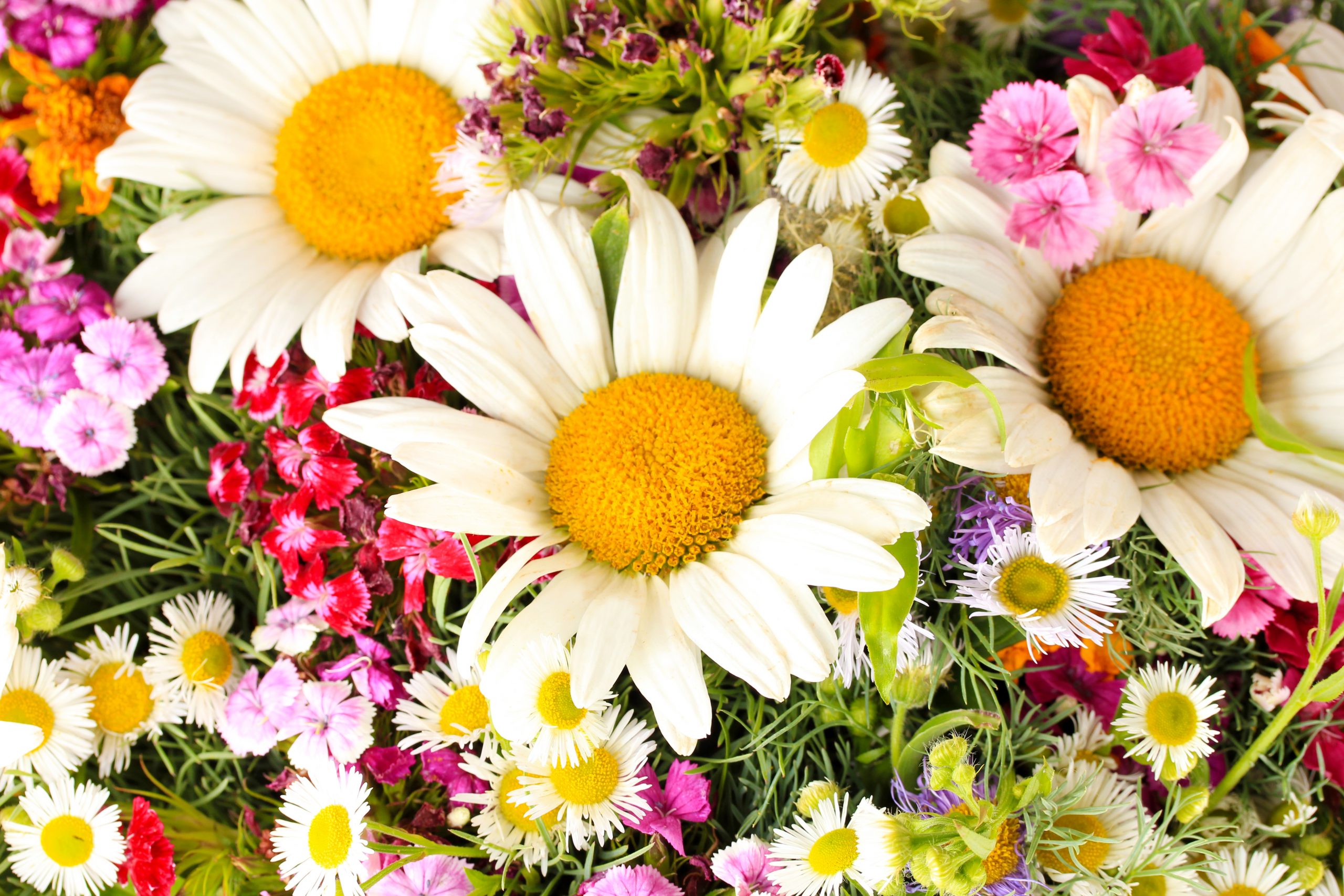If Nature Won’t Feed the Bees, We Will!
September 01, 2015
Flowers Being Planted to Help Feed the Bees
A council run community orchard is getting some new additions to its landscape – wildflowers are being planted in the area in an effort to help sustain local bee populations. In an article posted on Stuff.co.nz, the New Plymouth District Council is planting flowers in conjunction with September’s Bee Awareness Month. This year’s theme is “feed the bees” and the council believes planting flowers in the Brois St. Orchard will help to provide an additional food source for local bee populations.
Stuart Robertson, the park’s operations manager, said adding the wildflowers will be a test if the effort of seeding the orchard is effective for feeding the bees. "Bees pollinate two-thirds of the food we eat and more than $5 billion of New Zealand's agricultural exports depend on bees," said Robertson. Additionally, Robertson stated that bees in the area have seen a decrease in population over the last few years – the two biggest reasons being the use of pesticides and the destruction of their habitat.
Robertson went on to say that "We need them to pollinate the plants that give us fruit and veggies and everyone can lend a hand by being bee-friendly in their gardens." Stephen Black, a Taranaki beekeeper, mirrored Robertson’s statements, saying that pesticides, reduction of food sources in the winter and spring and the varroa mite are all working together to put a strain on bee populations.
"Over winter bees shrink down to about 5000 bees in a hive. A good honey producing hive needs 50,000, so between August to November they have to grow their numbers and to do that they need protein. They get that from early flowering plants such as willows and gorse," said Black. Although the situation is not as dire in Taranaki due to the riparian planting plan, there is one problem – the plan concentrates on mostly native plants. "And a lot of natives don't provide that very early spring protein."
Black also believes that the increase in bee populations in some areas has caused additional stresses for some smaller bee populations. With only certain hives growing, it makes for more competition for local food sources. Additionally, honey bee populations are being supported by the increase in popularity of beekeeping in general – Black believes this is mostly due to the increase in demand and price for valued Manuka honey, not just in New Zealand, but across the world.


.jpg)




